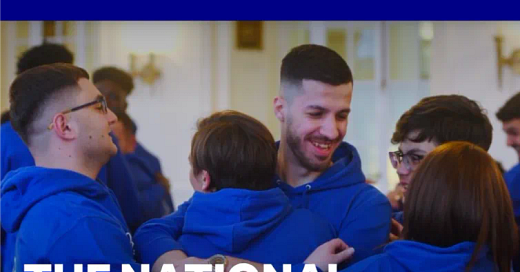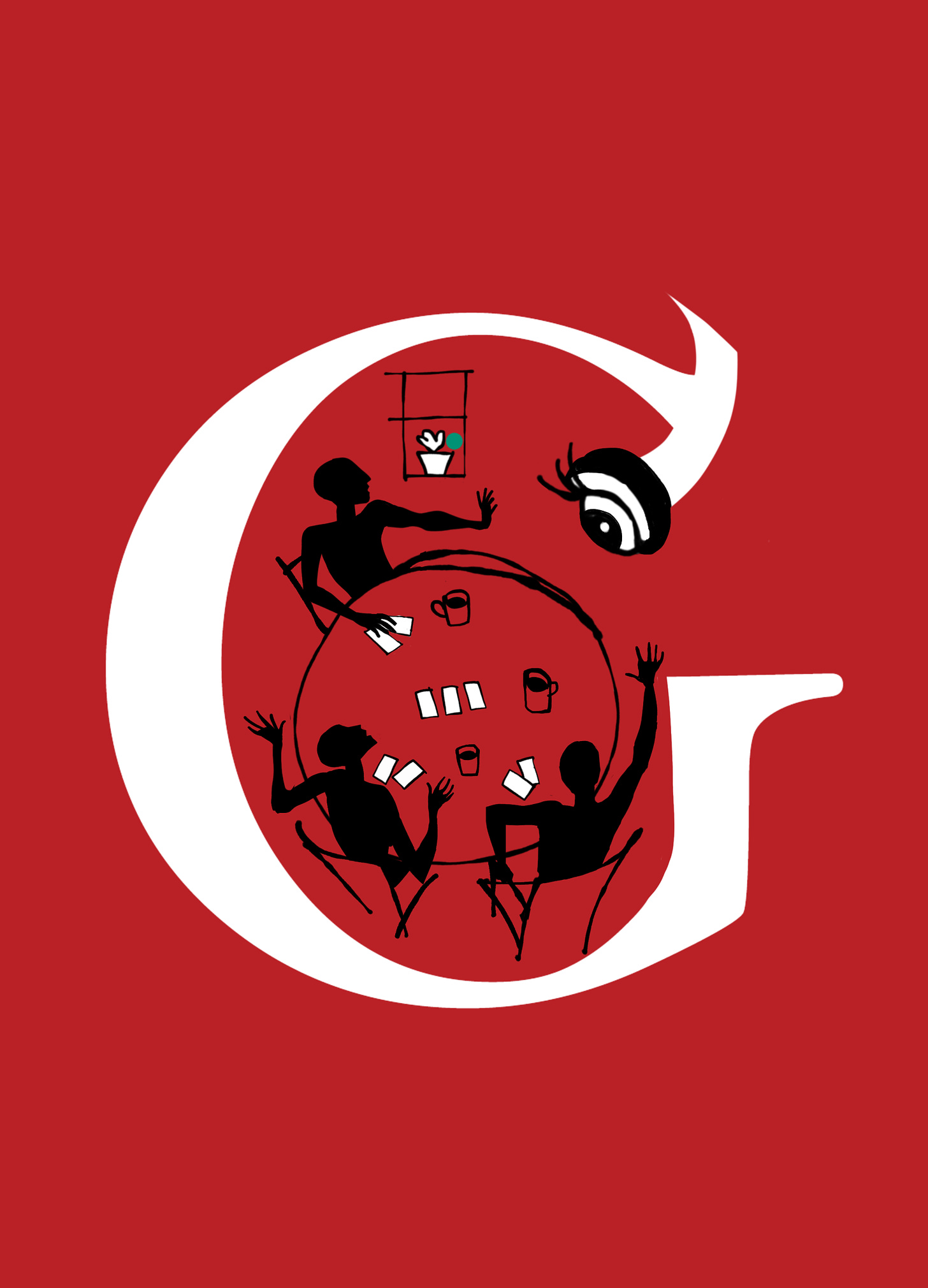Happy birthday to the National Lottery
Jon Bryan - author of our Letter on Liberty on the freedom to gamble - looks at a rare moment of positivity for fans of a flutter.
On 19 November, the National Lottery celebrated 30 years since the first draw. In an era where gambling is increasingly frowned upon, having a flutter on the Lotto or Euromillions (an international lottery that started in 2004) is seen as harmless fun that benefits good causes. Over £49 billion has been raised for everything from grand projects to community initiatives, from charities to Olympic athletes. (Team GB’s performance at the Olympic Games has vastly improved thanks to Lottery cash.)
But as Jon Bryan notes below, players aren’t really that interested in the good causes. What they want is to win a life-changing amount of money. Even if the odds of winning are measured in tens of millions to one, there is still a lot of fun to be had in dreaming. Perhaps those who constantly emphasise the dangers of gambling might pause for thought and make some effort to understand the entertainment value of betting for millions of people.
You can read Jon’s short article below, taken from his own Substack, and also check out an excerpt from his Letter on Liberty, Risking it all: the freedom to gamble.
Way back in 1994
I still remember being at work both before and after the first time that the National Lottery numbers were drawn live on primetime TV on 19 November 1994. There was such anticipation before the draw, and then on the Monday at work afterwards
‘Did you watch it?’
‘Did you enter it?’
‘What numbers did you go for?’
were all questions asked in the staffroom in the further education college where I worked. Individual departments organised themselves into syndicates to make sure that they maximised the chances of winning, while making sure that no one would be left behind if that department managed to win the big one. No one wanted to miss out on the jackpot - it attracted even the most unlikely of people.
Such was the buzz around the National Lottery that I recall a friend of mine, who was the editor of a local newspaper at the time, saying that they had had a huge number of entries for a prize draw in which the winner got a year’s supply of lottery tickets. ‘It’s only £52 when you work it out’, he said to me. Such was the attraction of winning the lottery, people didn’t stop to think what the actual prize was worth.
Thirty years later
This week, it seems that the attraction of the National Lottery continues to endure. It was called ‘a national institution’ by the CEO of the Gambling Commission. You had to look hard to find stories which covered the negative aspect of the National Lottery, but the Christian Institute managed it. Of course, there are always the slightly whacky stories about how winning a fortune changed my life for the worse, but most of us who pay £2 to enter and cross our fingers for luck would rather win a load of money than not. Even the minister with responsibility for gambling only had positive things to say:
‘Baroness Twycross, parliamentary under-secretary of state at the Department for Culture, Media and Sport said: “The National Lottery’s 30th birthday marks a remarkable legacy of building resilient, inclusive and healthier communities across the UK.”’
The chance to win a significant amount of money still holds its appeal for many of the UK public, which is why the National Lottery continues to thrive. When I met one of my friends one Sunday morning recently, he recounted how the possibility of winning, and all the anticipation it brings, was a great feeling. Having a stake in watching the weekly draw does change how you see it. In my own home, my partner’s recent entry into a work syndicate has brought conversations to life around the kitchen table about what we would do with a sizeable win. Like many of us, we like to dream…
A different narrative
The positive stories around the National Lottery stand in stark contrast to the negativity with which most gambling is covered. Let’s hope that some of this filters through into other stories about gambling, and that both the narrative and the legislation start to change for the good.
Jon Bryan lives with his family in Newcastle upon Tyne. He is a recreational poker player who began writing about gambling to challenge the one-sided narrative in the debate. You can read his Substack here.
In his Letter on Liberty - Risking it All: The Freedom to Gamble - Jon argues that a crackdown on gambling should worry us all, as our liberties could easily be fluttered away by politicians and pundits alike. Whether you are a fan of the slot machine or not, the freedom to spend our money as we see fit is worth defending – such powers should not be granted to the state, or to a third party acting on the state’s behalf. He argues that re-asserting the ability of individuals to make their own choices, and to have the capacity to do so whatever the consequences, is vital in our defence of freedom.
Buy your copy of Risking it All: The Freedom To Gamble here.
RISKING IT ALL: THE FREEDOM TO GAMBLE
Jon Bryan
Most of us know that the late Queen Elizabeth II was fond of horse racing - and the late Queen Mother enjoyed a flutter. But there aren’t many people who stand up for ordinary punters to go to a bookies and place a fiver on a horse race or the football, or chuck a few quid into a slot machine. ‘We must fight for our right to have a bet’ is a difficult rallying call to get behind.
The ability to place your money where your mouth is, and back what you think will win, is under threat from changes in gambling regulation that are currently being discussed in parliament. There are some serious issues in this debate which should worry us all. Our liberties could easily be fluttered away, by politicians and pundits alike.
There are some who defend gambling in specific contexts. Those associated with horse racing have been reasonably successful in getting their voices heard. Some of the legislative changes that are being discussed could have devastating consequences on the industry. ‘It could kill racing stone dead’, read one headline earlier this year.[i] Coordination by various organisations and individuals connected with the sport has seen thousands of punters writing to their MPs to complain about proposed changes in gambling regulation - specifically the impact it could have on horse racing. In turn, some MPs (including Rishi Sunak and Matt Hancock) have begun to question the proposals. But when our liberties are at risk, we cannot rely upon a handful of Conservative MPs to defend our freedoms.
We need to stand up for all kinds of gambling, not just betting on horses at Ascot. There are millions of us who gamble, whether that’s playing poker, bingo, slot machines or buying lottery tickets. We too need to have our say. If we are to challenge the dominant narrative on gambling, we need more people to raise their voices and ask questions about the anti-gambling interventions being proposed. If you will excuse the pun, our liberties are at stake.
The current state of gambling regulation is largely set by the Gambling Act 2005, which governs betting and the gambling industry in Great Britain. Significant changes have occurred since then, including the explosion of online gambling. The Act is now described as ‘analogue law in a digital age’,[ii] and is currently being reviewed by the government.
In fact, all the major political parties pledged to review gambling regulation in their 2019 manifestos, and there is big interest in what happens. The government opened a consultation at the end of 2020 and commenced what it called a Gambling Review. When it closed a few months later, nearly 16,000 written submissions had been received… Read more of Jon’s Letter on Liberty here.







